In the modern world, where everything is closely linked to technology, it is hardly surprising that using hidden cameras has become quite popular.
Such devices, which were previously confined to the plot of James Bond films, can be bought without much difficulty.
Cams can be hidden for some reasons and purposes, such as spying or monitoring or to capture the true essence of a candid photographic subject.
Nonetheless, the ethical considerations of the hidden camera photography are rather significant and complex due to essential concerns of privacy and informed consent.
Hidden Camera: Its Proximity to the Public and Suitability
Many people prefer hidden cameras because these are shots taken from real life without posing. This authenticity is an essential element in photography and such pictures typically capture more genuine feelings.
For example, street photographers might employ sneak cam technology to capture raw moments of life in urban environments while not changing the situation due to their presence.
Apart from the artistic perspective, the hidden camera has its relevance in security and surveillance. For example, hotels may use these devices to improve security to guests and their property.
However, this application is compassionate and delicate with the concerns of safety while at the same time encroaching on the aspect of personal privacy.
The main issue appears when employing concealed cameras compromises ethical values and legislation.
Ethical ISSUES AND PRIVACY INVASION
The major ethical concern relating to using hidden cameras is the breach of privacy. Secret cameras also allow people to record others secretly, unlike visible cameras.
This lack of awareness is in complete violation of the essential principles of personal and professional ethics and definitely erode the principle of informed consent that is a cornerstone of every relationship.
To summarise, for the photographers the question of the ethics of using hidden cameras is dependent on the context and purpose.
It is acceptable to take snaps of people in the public domains or areas where one can expect/assume to be seen by others.
However, it is obviously wrong and often against the law to secretly photograph people in their private spaces including their living spaces, changing rooms, or hotel rooms among other areas.It’s crucial to employ methods like how to find hidden cameras in hotel rooms to ensure privacy and security.
Finding Hidden Cameras: One of the most essential skills in a student’s training and development is thinking critically.
Since there is an ability to misuse hidden cameras, it is essential to grasp the ways and means of guarding oneself. The ability to locate a hidden camera gives one an inner feeling of accomplishment, especially when travelling, for instance, in hotels.
This article will guide you on discovering these secret cameras by explaining various techniques.
One of the possible steps is to observe the given room and try to find something strange, for example, multiple objects or devices located in the corners of the room or other places, allowing one to observe most of the room.
Most of the time, they hide their items, such as smoke detectors, air purifiers, electrical outlets, and other items of cosmetic value.
The second possible way is to use a mapping of temperatures obtained with a smartphone camera with infrared light emitted by the hidden cameras. Exploding the colourful lights and shadow in the dark, and by waving and focussing the mobile phone’s camera slowly in the darkness, any infrared lights will show bright white lights on the mobile phone screen.
Also, there are specific gadgets known as anti-peeping devices that are solely used to detect the existence of concealed cameras.
These detectors are capable of detecting the fields produced by the various devices or detecting the lenses of sneaky cameras using the reflected light.
Legal Consequences and Recommendations to Avoid Them
Several jurisdictions have certain restrictions that apply to the usage of concealed cameras. Generally, eavesdropping is also a felony since people have no permission to tape others in individual areas like restrooms, bedrooms, and cars, among others.
Many European countries have these laws in place, and strictly enforcing these laws can lead to fines for their offender’s cars and their imprisonment.
Legal reasons
Lawyers have also pointed out that even for photographers & security personnel, great caution should be taken in compliance with best practices since the chances of violating ethics are high.
Long stiff arms hanging down the sleeves, white high collars, and narrow trousers don’t fit the sites of people’s private photographic sessions.
Still, suits with suspenders and jackets, which in the 1950s were undoubtedly associated with the mediocrity of business people, make men look like waffles or, at least, beekeepers.
This calls for obtaining consent from subjects, especially when taking photos within their private spaces. In particular, it is necessary to invite visitors to stay here, but without permission to photograph or video on the territory of an object or use a secret, the use of which he will openly indicate and ensure compliance with the law.
People and organisations must, therefore, ensure that they follow proper etiquette by being transparent and honest while at the same time protecting the rights of individuals when it comes to their privacy.
Conclusion
As previously discussed, some great merits and demerits come with the concealment of the camera in photography.
As with most social media platforms, they present an opportunity to document people in moments where the masks they put on are lowered, and they are more accurate; there are also some ethical and privacy concerns.
Hidden cameras are entertaining, but only if used responsibly, following the laws and respecting people’s privacy.
In the foreseeable future, such ethical considerations will only become increasingly significant as technology capital increases.
To try and avoid such a scenario, learning how to hide cameras legally and getting familiarised with legal frameworks on the use of such devices are essential processes that need to be followed.
In light of these conclusions, it is possible to state that, with the help of consent, transparency, and, generally, high respect for privacy, even hidden cameras can be helpful without causing significant ethical concerns.
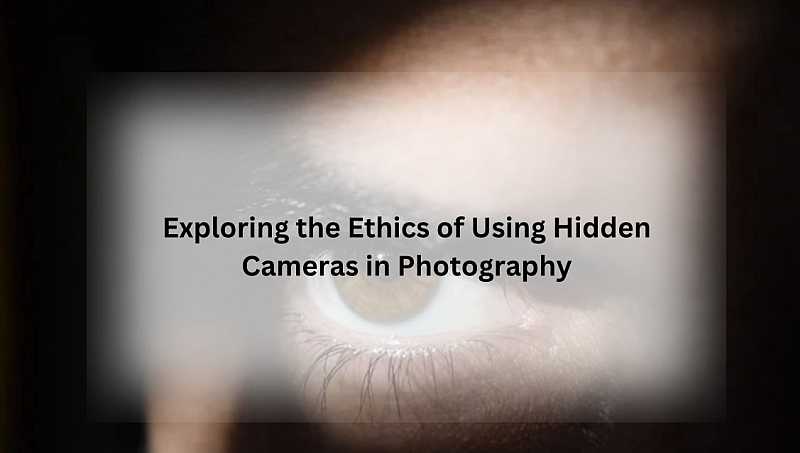
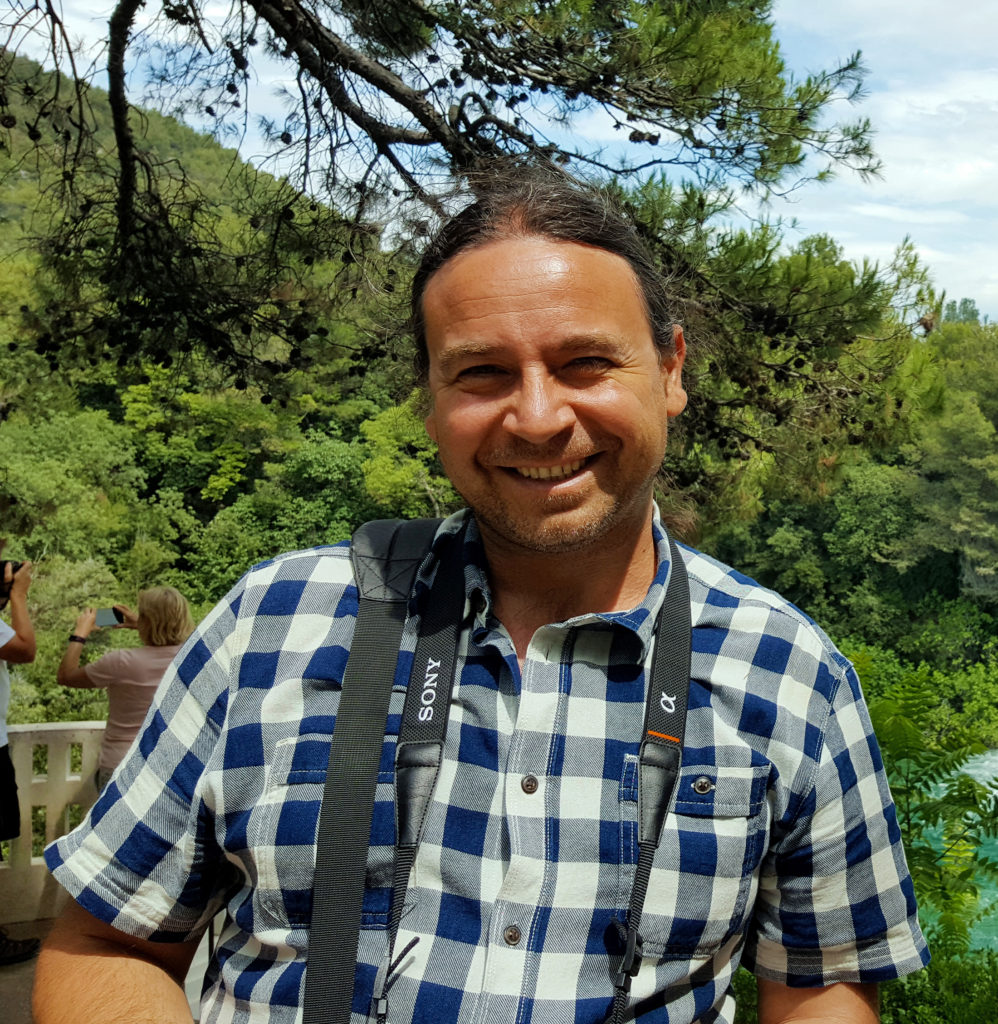
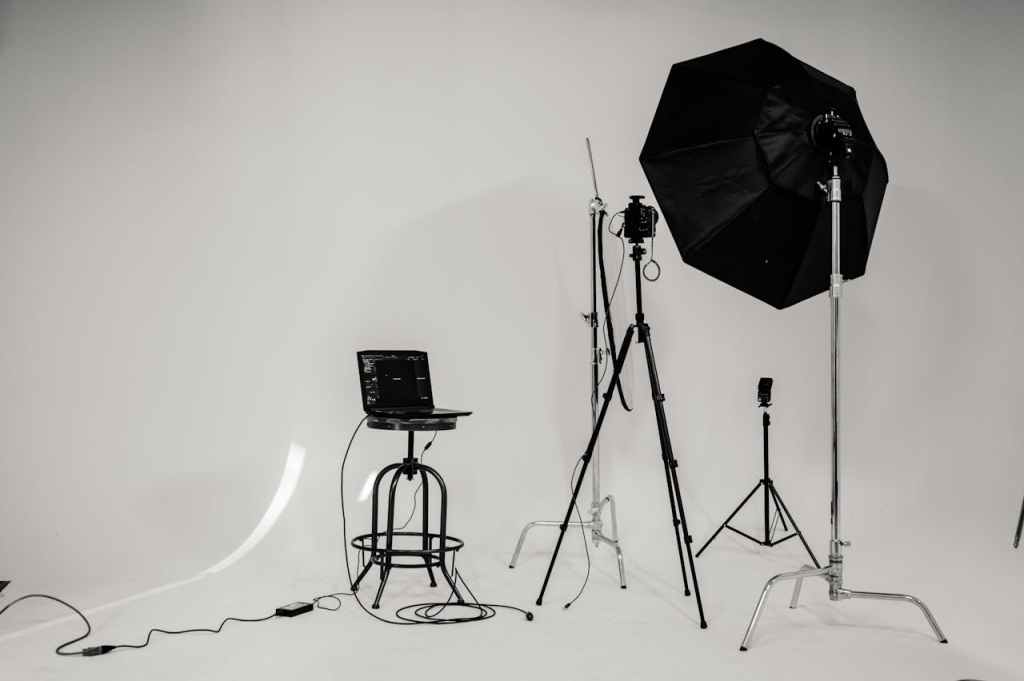
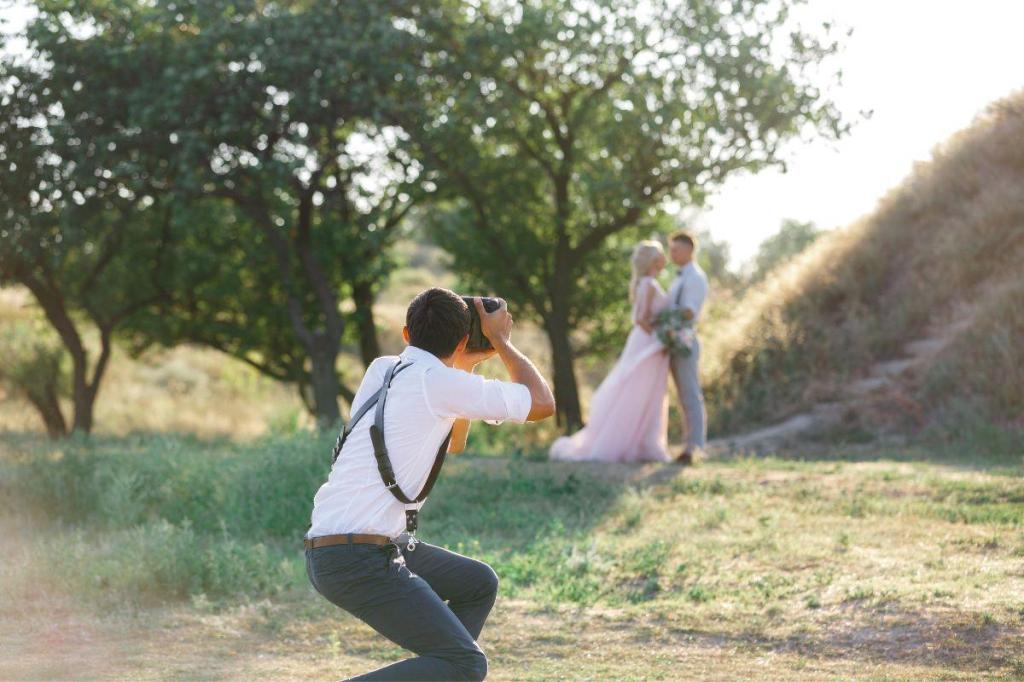
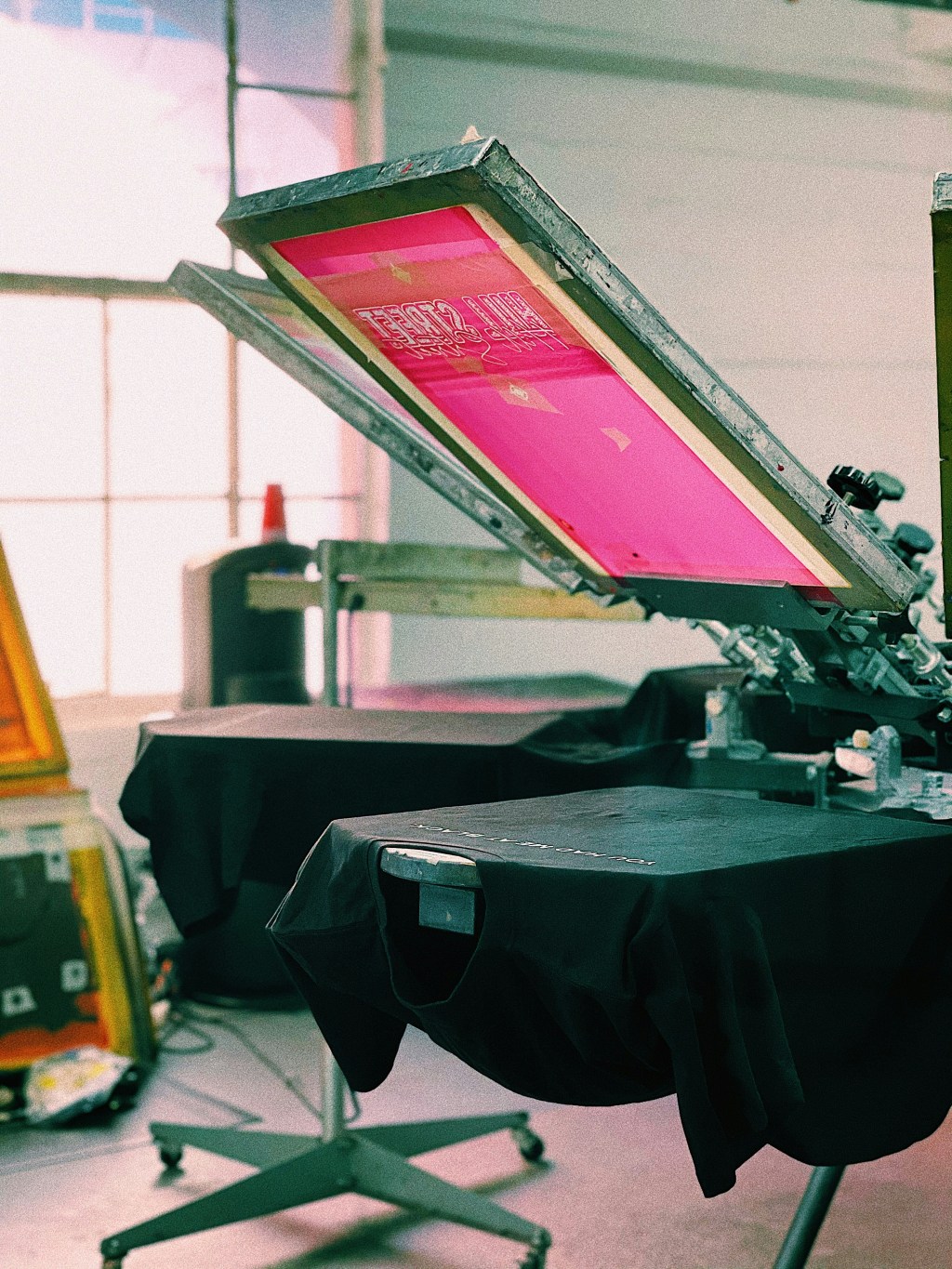
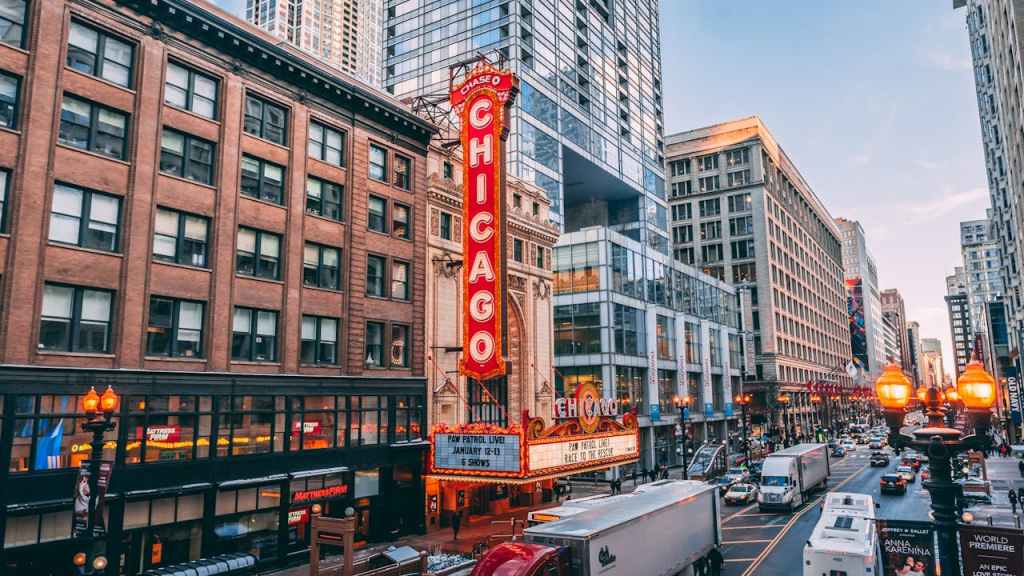
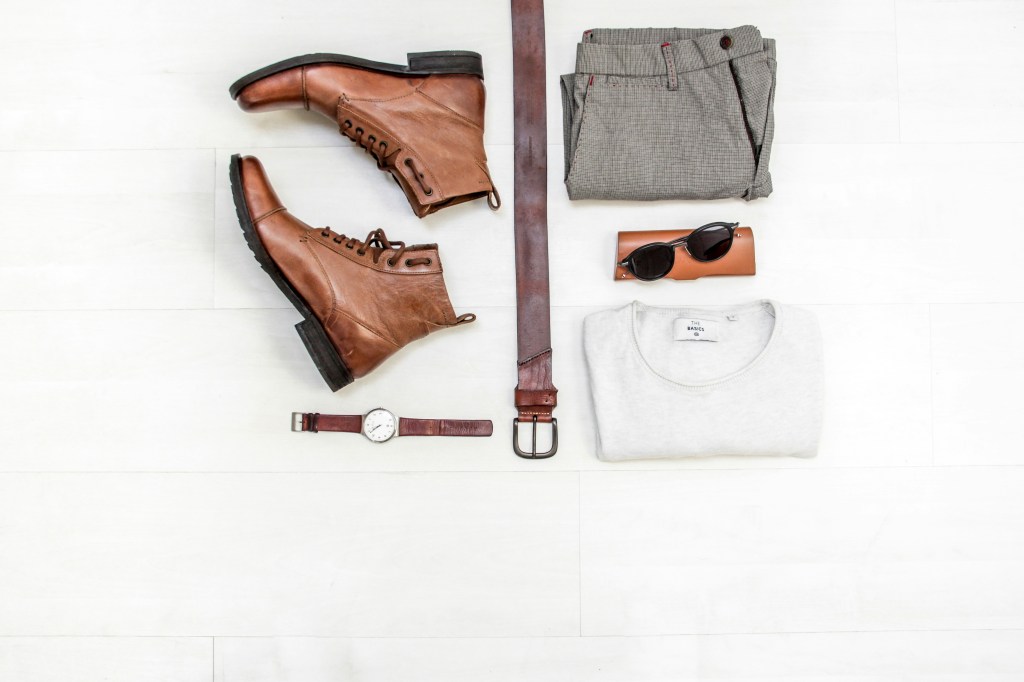
Leave a Reply